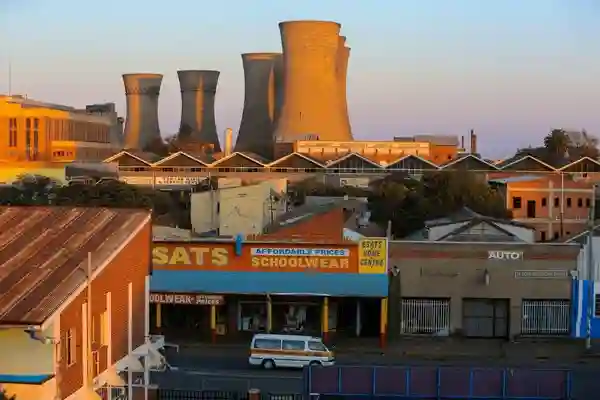The Minister of Industry and Commerce, Dr Sithembiso Nyoni, called on industrialists to lead in guiding the government’s policies and measures to revive Bulawayo’s industries. The minister emphasized that the industry leaders should provide input on the necessary steps to ensure the industry’s success. ZBC News cites Nyoni as saying:
In the New Year we want to have a new thrust on how the industry should perform, but the leaders of industry are industrialists. They should tell us what they want for the industry to strive.
Resuscitation of Bulawayo industries has been on the cards for far too long. Business leaders believe that the city can regain its former glory as an industrial hub by embracing new business models and leveraging modern technology.
Mr. Mackenzie Dongo, Chairperson of the Zimbabwe National Chamber of Commerce Matabeleland Chapter, emphasised the importance of establishing new industries that align with modern development plans. This approach would involve adopting a new small and efficient business model and supporting startups through funding. Dongo said:
We have got an option of drawing up new industries which are in line with modern developmental plans.
Mr. Morris Mpala, a Business Analyst, echoed the need to embrace innovative business ideas and models. He emphasized the importance of supporting and funding startups to drive economic growth. He said:
We need to have a new small lean business model. We need to now embrace new business and we need to look at startups and fund them.
Bulawayo used to be a thriving industrial hub, but it declined over time, and many industries shifted to the capital city, Harare. This centralisation led to an overwhelming situation in Harare, as it couldn’t support the influx of people who migrated from other towns in search of work and other opportunities. Since companies in Harare couldn’t employ everyone, many skilled individuals left the country, resulting in a brain drain.
The neglect of Bulawayo has also intensified tensions between people from Matabeleland (where Bulawayo is located) and Mashonaland. People from Matabeleland feel that authorities purposely neglected Bulawayo and concentrated development and resources in Mashonaland. These tensions stem from the perception that Bulawayo was intentionally left underdeveloped so that it relies heavily on Mashonaland for support. This has created a sense of inequality and frustration among the people of Matabeleland.

